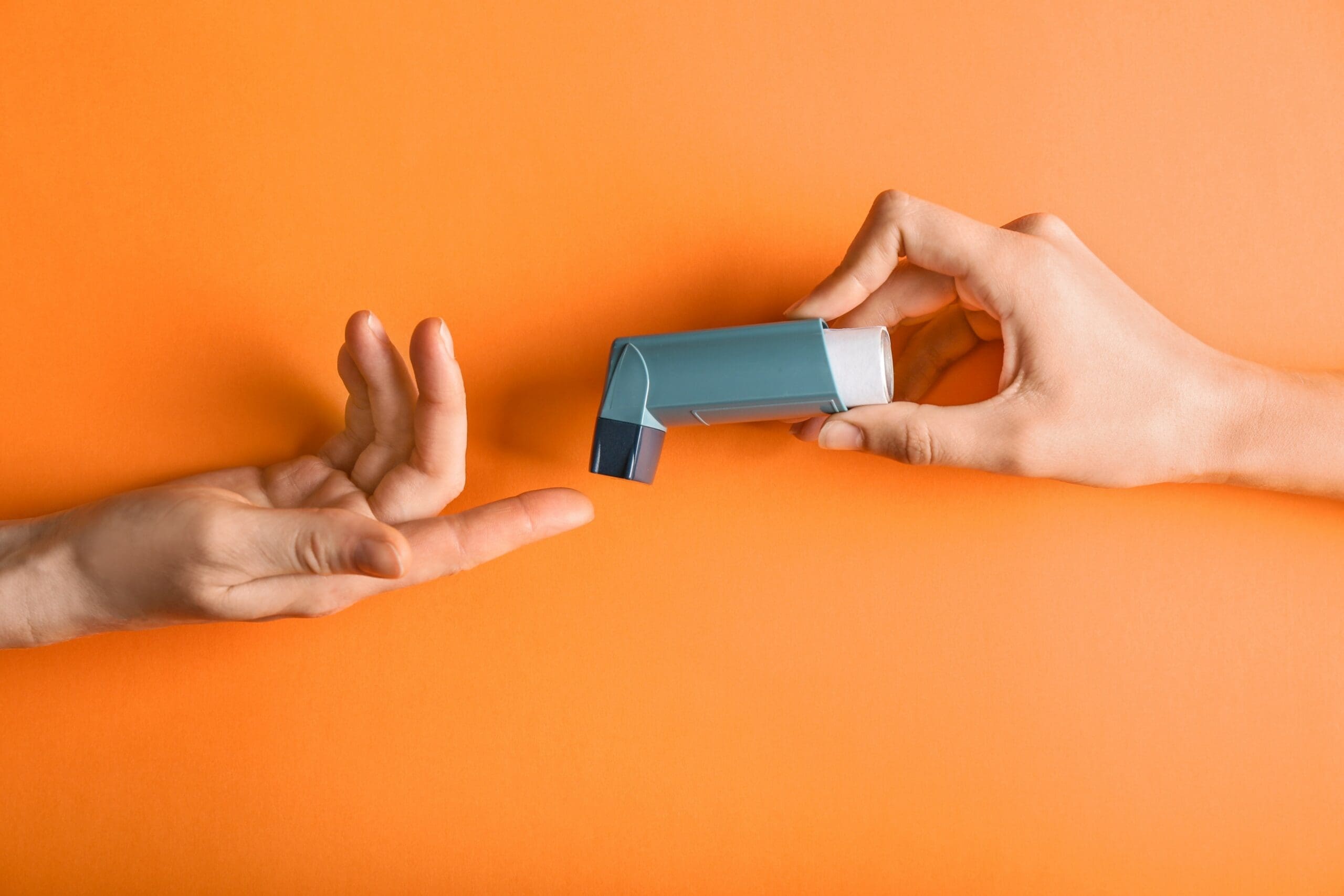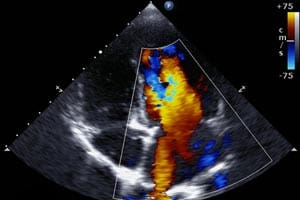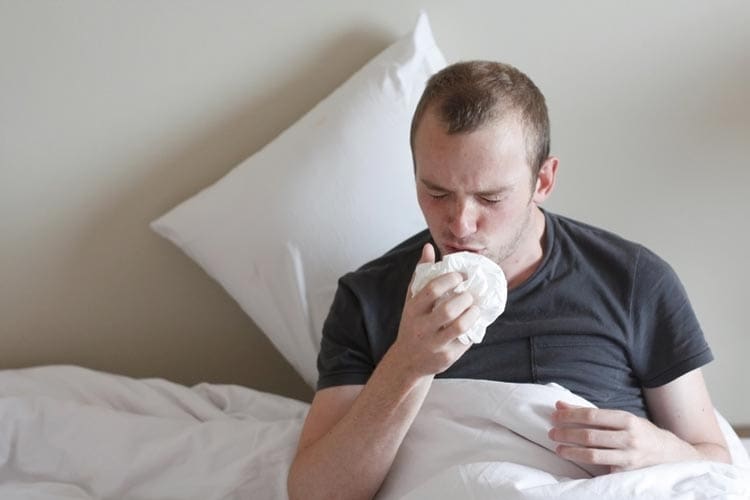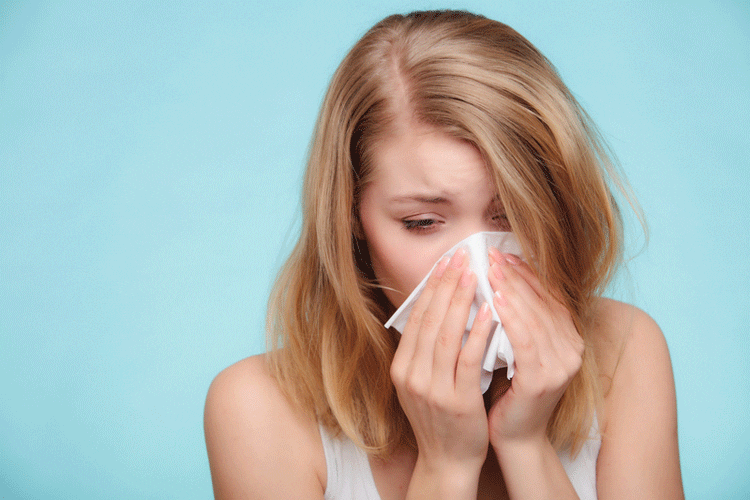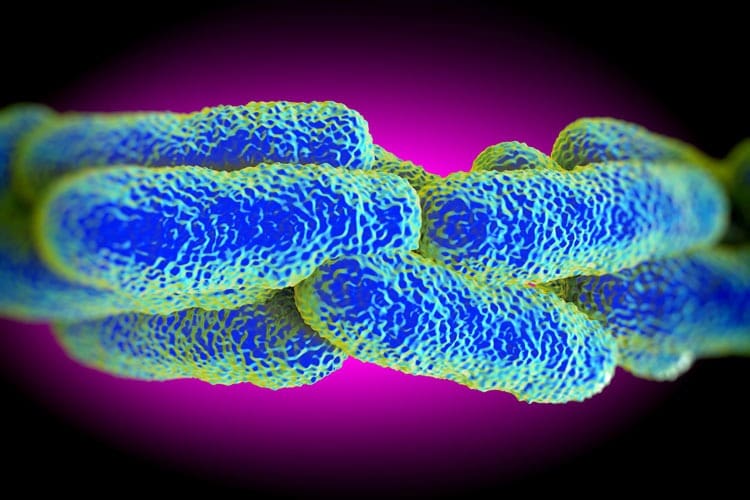If you have a cold, commonsense self-care measures and over-the-counter medicines can help to relieve symptoms. Antibiotics are not helpful in treating the common cold, which is caused by a virus.
Respiratory Health
Asthma and smoking
Smoking and asthma do not combine well. Tobacco smoke harms the airways of both smokers and those exposed to environmental tobacco smoke.
Pulmonary hypertension
Pulmonary hypertension is a condition where the blood pressure in the pulmonary arteries (vessels that carry blood from the heart to the lungs) is higher than normal, putting a strain on the right side of the heart.
Habit cough in children
A habit cough is a repetitive cough that occurs in the absence of any underlying disease. The cough is usually loud, harsh, honking or barking, and usually affects school age children.
Hiccups: why do we hiccup?
Sometimes hiccups can be a sign of an underlying disease. For hiccups that have gone on for 2 days or longer, or are recurrent, see your doctor.
Cough: productive or ‘wet’ cough
A productive or 'wet' cough brings up mucus or phlegm. Find out the causes and when to see the doctor.
Symptoms and causes of a common cold
Common colds usually last about a week, and shouldn't cause serious illness in healthy people. Find out how to relieve cold symptoms and stop the spread.
Croup: symptoms and treatments
Croup is an infectious condition that causes inflammation of the voice box (larynx) and airways, resulting in breathing difficulties and a barking cough.
Haemophilus influenzae
The bacterium Haemophilus influenzae type b (Hib) can cause meningitis and epiglottitis. Since routine Hib vaccination started in Australia, the number of cases of Hib infection has been greatly reduced.
Legionnaires’ disease
Legionnaires' disease is a form of pneumonia caused by Legionella bacteria. Symptoms are similar to severe flu symptoms and include dry cough.


